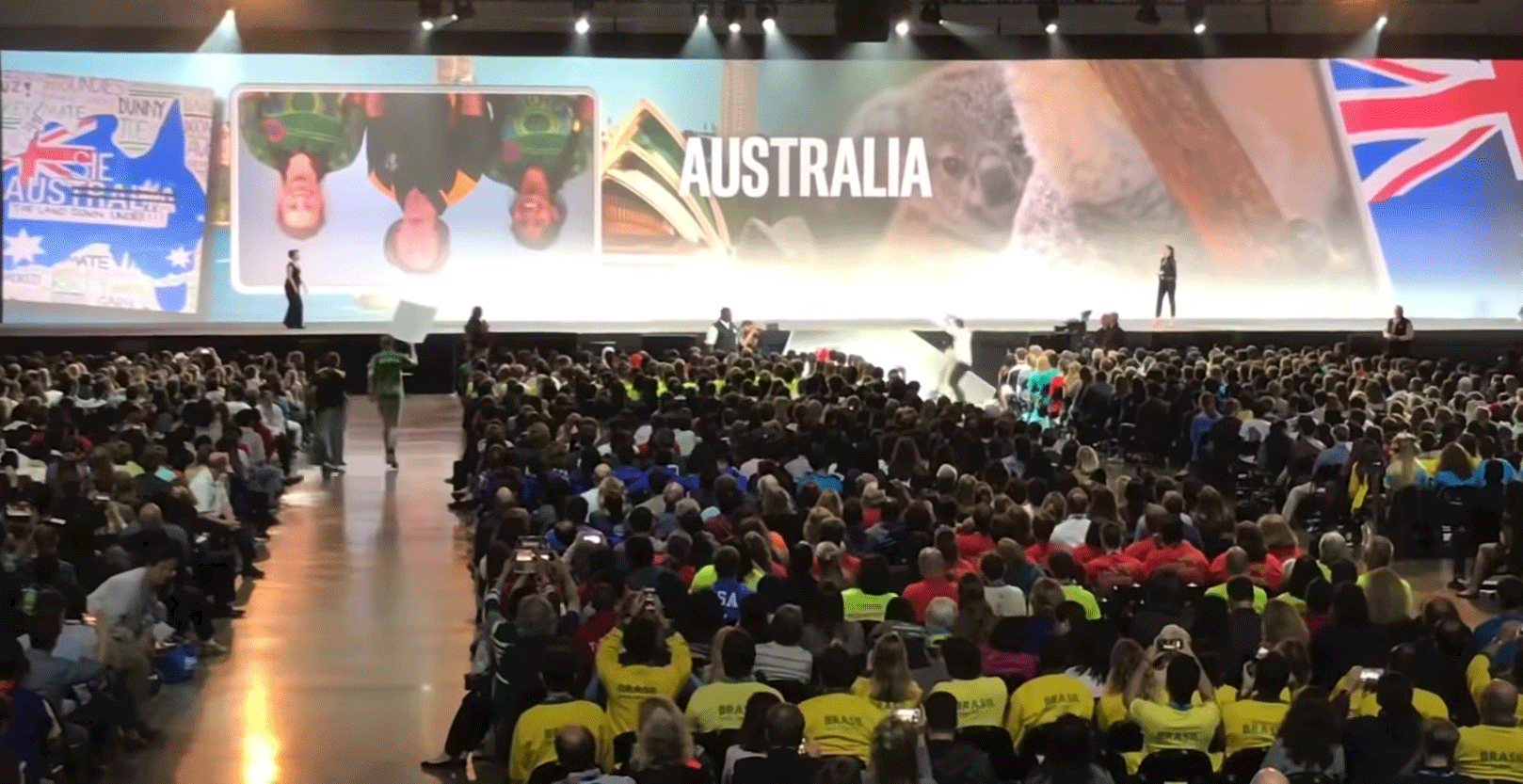Judging Criteria
The Judging Criteria
The AUSSEF Judging criteria are designed to identify the best entries to be recommended to present at ISEF. The criteria are designed in line with current international best practice in the application of valid and reliable assessment principles. National Judges and Selection Panel members will be trained in the appropriate use of the criteria to ensure consistency of application.
These criteria will be used by:
-
- Stage 1 & 2 Judges participating in the AUSSEF shortlist team.
- The Stage 3 ISEF Selection Panel to assess and rank projects for final selections of potential projects to represent Australia at ISEF.
The AUSSEF criteria have been developed from the ISEF Grand Award Judging Criteria, with similar areas of criteria used to help focus on key aspects of projects. Specific criteria include critical aspects of Australian curricula, as well as drawing on internationally recognised best practice in assessment principles.
Both judging stages will score projects using these ISEF-based judging criteria for Scientific Investigations, Engineering and Technology Projects and Mathematics Projects. To access these Judging criteria, click on the appropriate link:
- In most cases, projects submitted into the following categories will be judged using the AUSSEF Judging Criteria for Scientific Investigations.
Animal Sciences (ANIM)
Behavioural and Social Sciences (BEHA)
Biochemistry (BCHM)
Biomedical and Health Sciences (BMED)
Cellular and Molecular Biology (CELL)
Chemistry (CHEM)
Computational Biology and Bioinformatics (CBIO)* (or Mathematics projects)
Earth and Environmental Sciences (EAEV)
Materials Science (MATS)
Microbiology (MCRO)
Physics and Astronomy (PHYS)
Plant Sciences (PLNT)
Translational Medical Science (TMED)
- In most cases, projects submitted into the following categories will be judged using the AUSSEF Judging Criteria for Engineering and Technology Projects.
Biomedical Engineering (ENBM)
Embedded Systems (EBED)
Energy: Sustainable Materials and Design (EGSD)
Engineering Technology: Statics and Dynamics (ETSD)
Environmental Engineering (ENEV)
Robotics and Intelligent Machines (ROBO)
Systems Software (SOFT)
Technology Enhances the Arts (TECA)
- In most cases projects submitted into the following category will be judged using the AUSSEF Judging Criteria for Mathematics Projects.
Mathematics (MATH)
Computational Biology and Bioinformatics (CBIO)* (or Scientific Investigations)
Scoring a Project
Scores of 1 to 5 will be assigned for each specified criterion and the total score for a project will be out of 120. It is important to note, for consistency purposes, that a project averaging scores of 3 for each criteria aspect is typical of a student who has competently completed a classroom report, covering all the specific criteria to a good level. An average score of 4 is for an outstanding report, where the student has gone beyond the normal requirements of a school report. Scores of 5 are only achieved by students who have exhibited a meticulous approach to their work and have demonstrated and communicated deep levels of understanding for a senior school project.
Rationale for Criteria Selection
The AUSSEF criteria are based on the criteria considered to be significant or important in the overall project. In line with current thinking in this area of assessment internationally, different values are allocated to the specific criterion descriptions. This allows the AUSSEF Selection Panel to assess the depth of understanding of science concepts as well as the levels of communication and presentation displayed by the entries.
The AUSSEF criteria assume that entries presented to AUSSEF have been through some other selection process, such as high achievement in a state awards scheme or fair; or identified by another eligible organisation.
It is assumed that projects have been checked that they qualify for ISEF, however the AUSSEF Selection Panel will check that entries that are recommended using the AUSSEF criteria also meet the ISEF rules.

